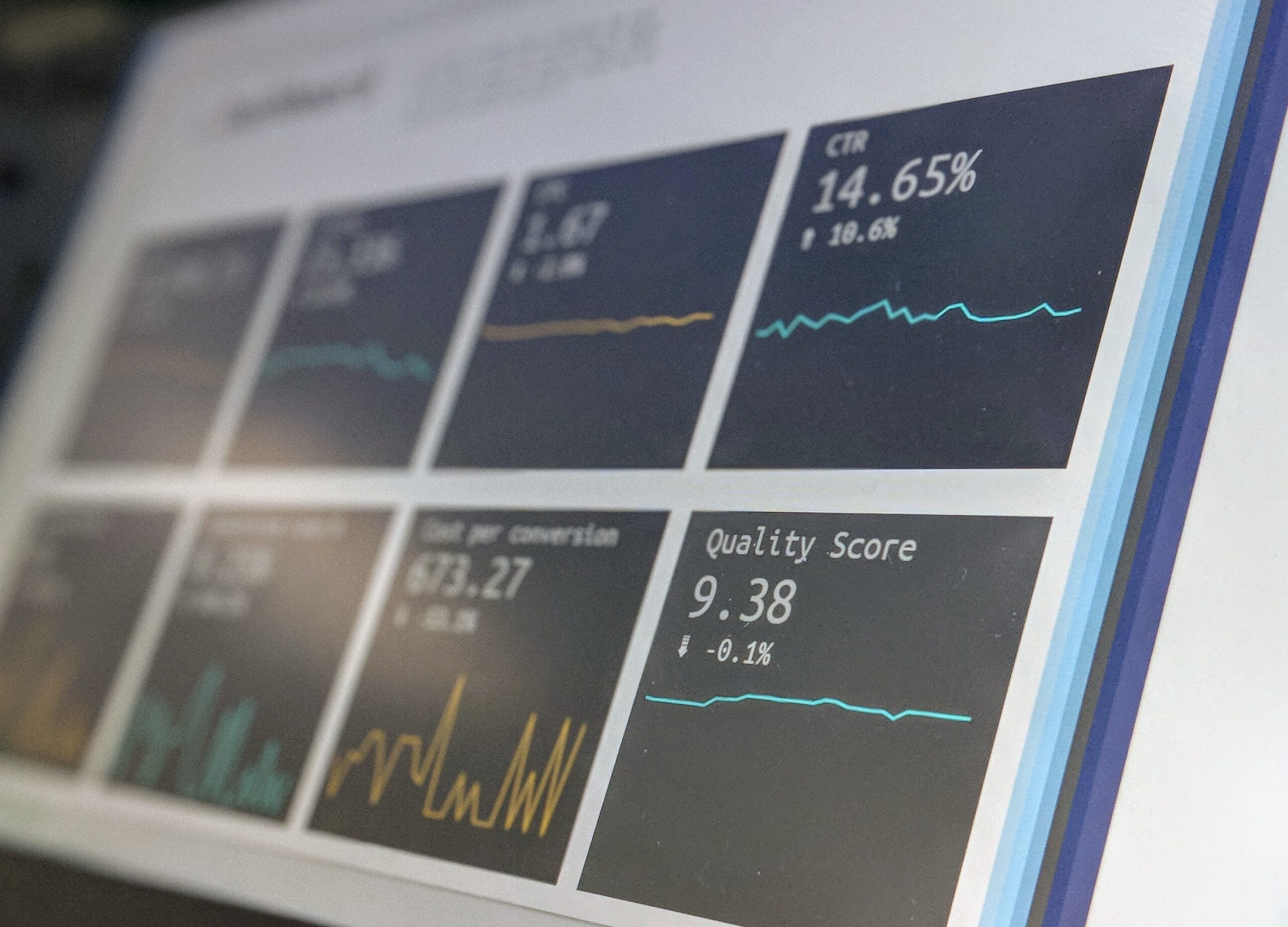In today’s world, data has become the backbone of every industry. With the growth of digital technology, more and more data is generated every day. However, the real value of data lies in its ability to provide insights and inform decisions. This is where analytics comes in. Analytics is the process of using data to derive insights and make informed decisions. In this blog, we will explore the benefits of using analytics to make data-driven decisions.
The benefits of using analytics to make data-driven decisions
- Better Decision Making
The primary benefit of using analytics is better decision making. Analytics provides insights that enable businesses to make informed decisions. With analytics, businesses can identify patterns, trends, and relationships in their data that they may not have been able to see otherwise. This information can be used to make better decisions that are based on data rather than gut feelings.
For example, a company might use analytics to identify the products or services that are performing well and those that are not. This information can then be used to make informed decisions about which products or services to continue investing in and which ones to discontinue. By making data-driven decisions, businesses can reduce risk, increase efficiency, and improve their overall performance.
- Improved Customer Experience
Analytics can also be used to improve the customer experience. By analyzing customer data, businesses can gain insights into customer behavior, preferences, and needs. This information can then be used to personalize the customer experience, improve customer service, and create targeted marketing campaigns.
For example, a retailer might use analytics to analyze customer data to identify which products are frequently purchased together. This information can be used to create personalized product recommendations for each customer, improving their overall experience and increasing the likelihood of repeat business.
- Increased Efficiency
Analytics can also help businesses increase efficiency. By analyzing data on business processes, businesses can identify areas where they can streamline operations and reduce waste. This can lead to cost savings, improved productivity, and increased profitability.
For example, a manufacturer might use analytics to analyze production data to identify bottlenecks in the production process. This information can be used to optimize production schedules, reduce downtime, and increase overall efficiency.
- Competitive Advantage
Analytics can also provide a competitive advantage. By using data to inform decisions, businesses can make better decisions than their competitors. This can lead to a competitive advantage in terms of pricing, product development, marketing, and overall performance.
For example, a retailer might use analytics to identify trends in customer purchasing behavior. This information can be used to develop new products that meet customer needs and preferences, giving the retailer a competitive advantage over their competitors.
- Improved Risk Management
Analytics can also be used to improve risk management. By analyzing data on past performance, businesses can identify areas of risk and take steps to mitigate them. This can help businesses avoid potential losses and reduce their overall risk exposure.
For example, a financial institution might use analytics to analyze credit risk data. This information can be used to identify customers who are at a high risk of defaulting on their loans. The financial institution can then take steps to mitigate this risk, such as by adjusting interest rates or offering alternative financing options.
- Improved Forecasting
Analytics can also improve forecasting. By analyzing historical data, businesses can predict future trends and make informed decisions about future investments, resource allocation, and other strategic decisions.
For example, a retailer might use analytics to analyze sales data to identify seasonal trends. This information can be used to forecast future sales and adjust inventory levels accordingly.
- Improved Employee Performance
Analytics can also be used to improve employee performance. By analyzing employee data, businesses can identify areas where employees need additional training or support. This can lead to improved employee performance, increased productivity, and increased job satisfaction.
conclusion
In conclusion, utilizing analytics to make data-driven decisions can offer numerous benefits to organizations. By analyzing data, businesses can identify trends, patterns, and insights that help them make informed decisions, minimize risks, and improve their operations. Analytics can also help businesses enhance their customer experience, personalize marketing strategies, and optimize their products and services. Furthermore, the use of analytics can lead to cost reductions, increased efficiency, and better resource allocation, ultimately leading to improved profitability and success in today’s competitive marketplace.
Read about our post on The importance of innovation for smes here.
Signup now for Free and enjoy unlimited Quotations & Invoices at www.blog.groflex.in




